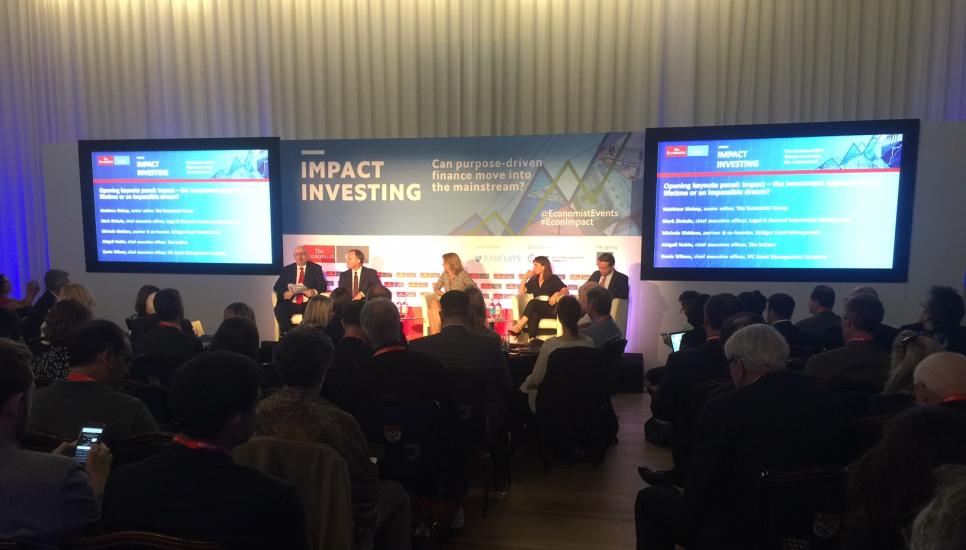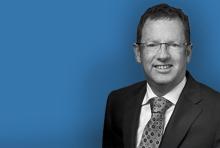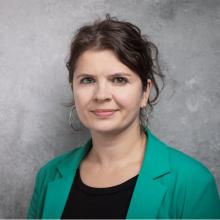Family unity urged at impact investing conference

What will it take to make socially and environmentally responsible investment the “new normal”? The answer may lie with the next generation, a conference in London heard this week.
The influence high net worth Millennials exert on their parents when it comes to impact investing was a theme that came up again and again at The Economist's Impact Investing Europe conference in London today.
David Scott, chairman of Tribe Impact Capital, said there was a generational divide between investment approaches and families needed to consider how these approaches could be “blended”.
“You've got the kids who want to go and do all these wacky things, but [parents] with a financial discipline requirement,” Scott said.
“It's about trying to bring the two together.”
Scott said he had worked intensively with one particular family trying to align their investment styles.
“The father said, this has been transformational to our family's life in terms of thinking about how we should invest.”

The event, attended by more than 200 financiers, policymakers, academics and impact investors, considered how purpose-driven finance can enter the mainstream – and how this will affect the health of the sector.
Abigail Noble, chief executive at The Impact, said family investors were more likely to look at the long term; wanted portfolios that aligned with family values; and tended to have fewer outside stakeholders to consult – all factors that made them more likely to consider impact investments.
Economic crises over the last few decades had made investors more interested in sustainability, and they were craving purpose as well as returns, Noble said.
“In this day and age, we are starting to see what happens when we don't consider social and environmental impact.”
Noble said family office next-gens who were passionate about impact investing should spread the word among their siblings and peers.
“More complex is having to speak with their parents and grandparents and convince them.”
 But scepticism about socially-responsible investing was usually unfounded, argued Gavin Wilson, chief executive of IFC Asset Management.
But scepticism about socially-responsible investing was usually unfounded, argued Gavin Wilson, chief executive of IFC Asset Management.
“In the past, impact investing suggested there was a financial trade off,” Wilson said.
“I think the biggest change in the last few years is there's been more education and data. Institutional investors have looked at this and seen in many cases, across a reasonable time frame [impact investments] tend to do better.”
A poll of the seminar asked what the biggest threat to the impact investing sector is, as it becomes more mainstream. The top three answers were lack of knowledge, green-washing (misrepresentation of products) and the difficulty in measuring impact.






